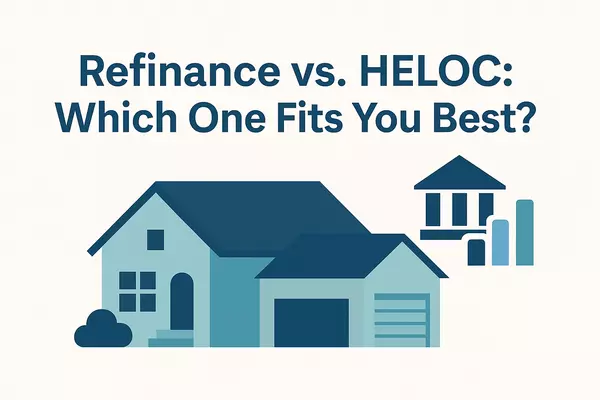
The Buyer Strategy Session: Your Key to a Successful Home Buying Journey
Buying a home is a significant milestone, and like any major endeavor, preparation is essential. One of the most crucial steps in this process is the Buyer Strategy Session, also known as a Buyer Consultation. This meeting sets the stage for your home-buying journey by providing clarity, direction,
Read More

The One-Post Wonder: A Cautionary Tale in Real Estate Marketing
In the ever-evolving world of real estate marketing, there's a trick some agents pull that's as old as the internet itself: the "one-post-and-done" strategy. You might think you've seen some magic when an agent claims, "I've marketed your home on social media," only to discover they've shared a sin
Read More

Preparing Your Home for the Winter Season: A Homeowner’s Guide
As the temperatures drop and the days grow shorter, it’s time to ensure your home is ready to weather the winter months. Taking the time to prepare your home can save you money, prevent damage, and ensure your family stays warm and comfortable all season long. Here’s a detailed guide to help you wi
Read More

Kicking Off the 2025 Real Estate Market: Insights, Projections, and Strategies
As we turn the calendar to 2025, it’s the perfect time to reflect on the economic and housing trends of 2024 and prepare for the opportunities ahead in the new year. Whether you’re a home buyer, seller, or investor, understanding the broader economic landscape and specific real estate market dynami
Read More
Categories
Recent Posts










